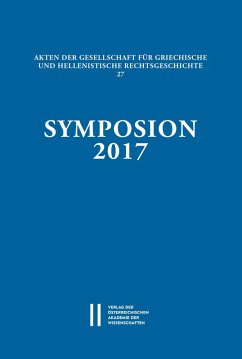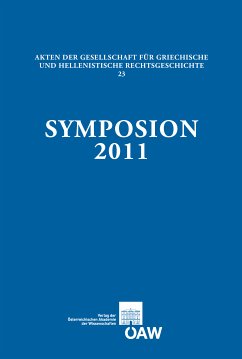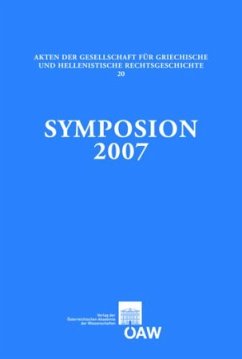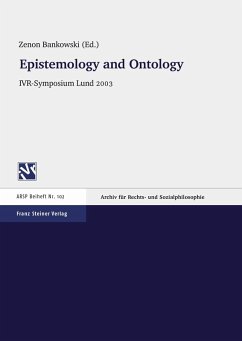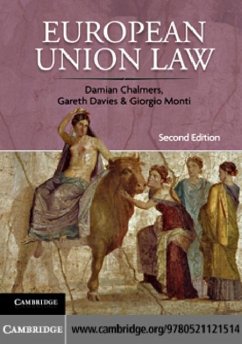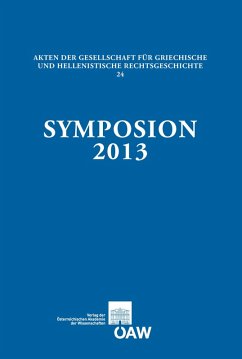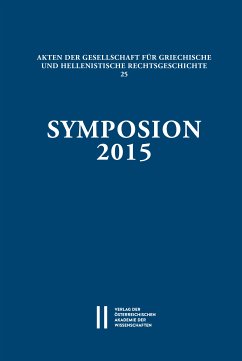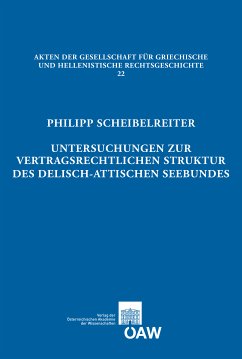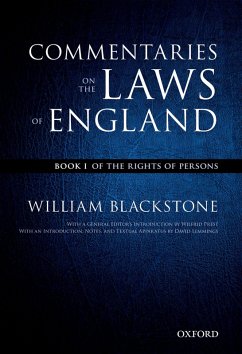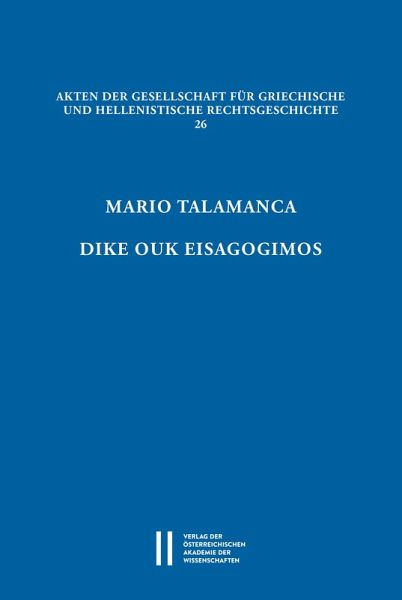
Dike Ouk Eisagogimos (eBook, PDF)
Contributi allo studio del processo attico
Redaktion: Thür, Gerhard; Maffi, Alberto; Gagarin, Michael; Modrzejewski, Joseph Mélèze; Cantarella, Eva

PAYBACK Punkte
0 °P sammeln!
Dopo la restaurazione democratica del 403 a. C. al convenuto era permesso, oltre che difendersi nel merito, opporre l'inammissibilità dell'azione mediante paragraphe. Se il tribunale accoglieva la paragraphe e dichiarava l'azione inammissibile, il processo era terminato. Se invece respingeva la paragraphe, si discute se la causa nel merito fosse discussa nell'ambito del medesimo processo o se si aprisse un nuovo processo. L'autore presenta un'approfondita discussione delle varie opinioni in proposito e presenta una propria soluzione basata su un'accurata analisi delle fonti antiche: con una s...
Dopo la restaurazione democratica del 403 a. C. al convenuto era permesso, oltre che difendersi nel merito, opporre l'inammissibilità dell'azione mediante paragraphe. Se il tribunale accoglieva la paragraphe e dichiarava l'azione inammissibile, il processo era terminato. Se invece respingeva la paragraphe, si discute se la causa nel merito fosse discussa nell'ambito del medesimo processo o se si aprisse un nuovo processo. L'autore presenta un'approfondita discussione delle varie opinioni in proposito e presenta una propria soluzione basata su un'accurata analisi delle fonti antiche: con una sola votazione i giudici sceglievano se accogliere la paragraphe o se assegnare la vittoria all'attore.
Dieser Download kann aus rechtlichen Gründen nur mit Rechnungsadresse in A, B, BG, CY, CZ, D, DK, EW, E, FIN, F, GR, HR, H, IRL, I, LT, L, LR, M, NL, PL, P, R, S, SLO, SK ausgeliefert werden.




